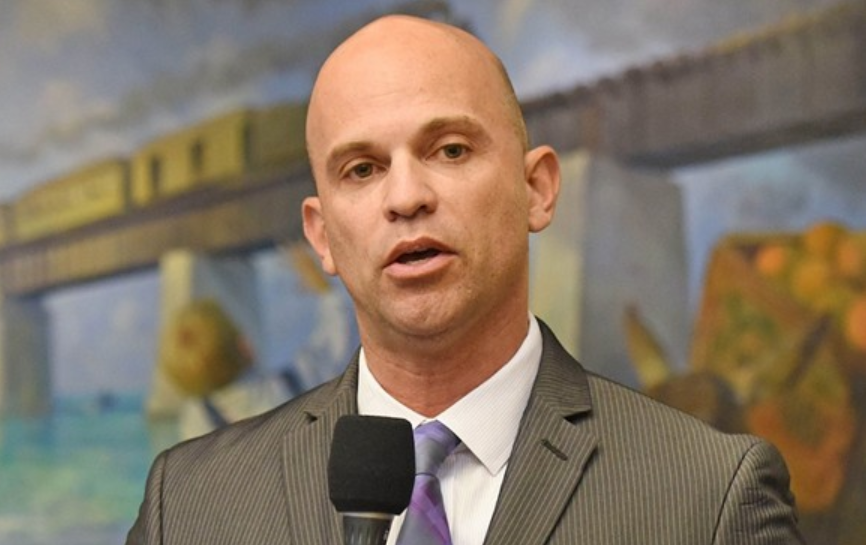
The Florida House today approved an education choice bill that would simplify the state’s K-12 scholarship programs by merging five programs into three.
House members voted 79 to 36, with five Democrats joining the Republicans, to approve HB 7045, which would simplify navigation of the programs for families by merging the state’s two scholarship programs for students with unique abilities, McKay and Gardiner, and combining them with the Family Empowerment Scholarship program approved in 2019. One category of the Family Empowerment Scholarship would serve students with unique abilities and special needs while the other would continue to serve lower-income families. Democrats Susan Valdes of Tampa, James Bush III of Opa Locka, Michael Grieco of North Bay Village, and Matt Wilhite of Wellington, voted for the bill. Rep. Anika Omphroy, D-Lauderdale Lakes, also voted for the bill after the roll call, which means her vote was not included in the official tally.
“Education is about children,” said the bill’s sponsor, Rep. Randy Fine, R-Palm Bay. “This bill fights for children. This bill fights for parents.”
The bill would leave intact the Florida Tax Credit Scholarship program, which is funded by corporate tax donations, and the Hope Scholarship program for students who have experienced bullying at their district schools. The bill would simplify eligibility requirements by aligning qualifying income levels of the Florida Tax Credit Scholarship with the Family Empowerment Scholarship. Each program currently has different income requirements.
The bill also would provide one-stop shopping for families by placing management of the Family Empowerment program under nonprofit scholarship organizations, which include Step Up For Students, host of this blog.
Under the bill, families currently receiving flexible spending dollars under the Gardiner program would continue to receive their scholarships as education savings accounts; McKay’s traditional scholarships would be converted to education savings accounts starting in the 2022-23 school year. Families currently participating in each program would receive whichever dollar amounts were higher, whether that was in current law or in HB 7045.
HB 7045 also would make it easier for lower-income families to qualify for their category of the Family Empowerment Scholarship program by eliminating a requirement that students attend a district school the previous year to qualify for the scholarship. That requirement resulted in some families whose incomes took a hit due to a tragedy or during the pandemic from being turned down for scholarships that would have helped them keep their children in their private schools.
The bill also would make more families eligible by raising household income limits to 375% of the federal poverty level for both the FTC and FES. That would allow a family of four whose income was just under $100,000 to qualify. However, the bill gives priority to families earning 185% of the federal poverty level, which totals slightly more than $49,000 for a family of four.
Rep. Thad Altman, R-Indian Harbour Beach, defended the bill against critics who claimed it would be too expensive. He said an extensive study done when he served as chairman of the House Education and Innovation Committee showed choice programs ultimately save money.
Altman said today, “it would cost about a billion dollars” to educate the 160,000 students now benefitting from choice programs if they were to all go to district schools.
He called a vote for the bill the “equivalent to voting against a billion-dollar cut” in public education programs.
Rep. Rene “Coach P” Plasencia, R-Orlando, a former government teacher at a district high school, urged his fellow educators who opposed the bill to rethink their position. He said he first ran for office to fight for public schools. His opinions on education have evolved since then.
“What I understand now is that institutions aren’t what we should be fighting for,” said Plasencia, who supported legislation in the past to strip the “prior public” requirement from the law. “What we’re fighting for are people.”
HB 7045 was filed as the companion bill to SB 48, which is expected to be heard this week on Senate floor. Sponsor Manny Diaz Jr., R-Hialeah, filed a proposed amendment that would align the Senate bill with the House version.


